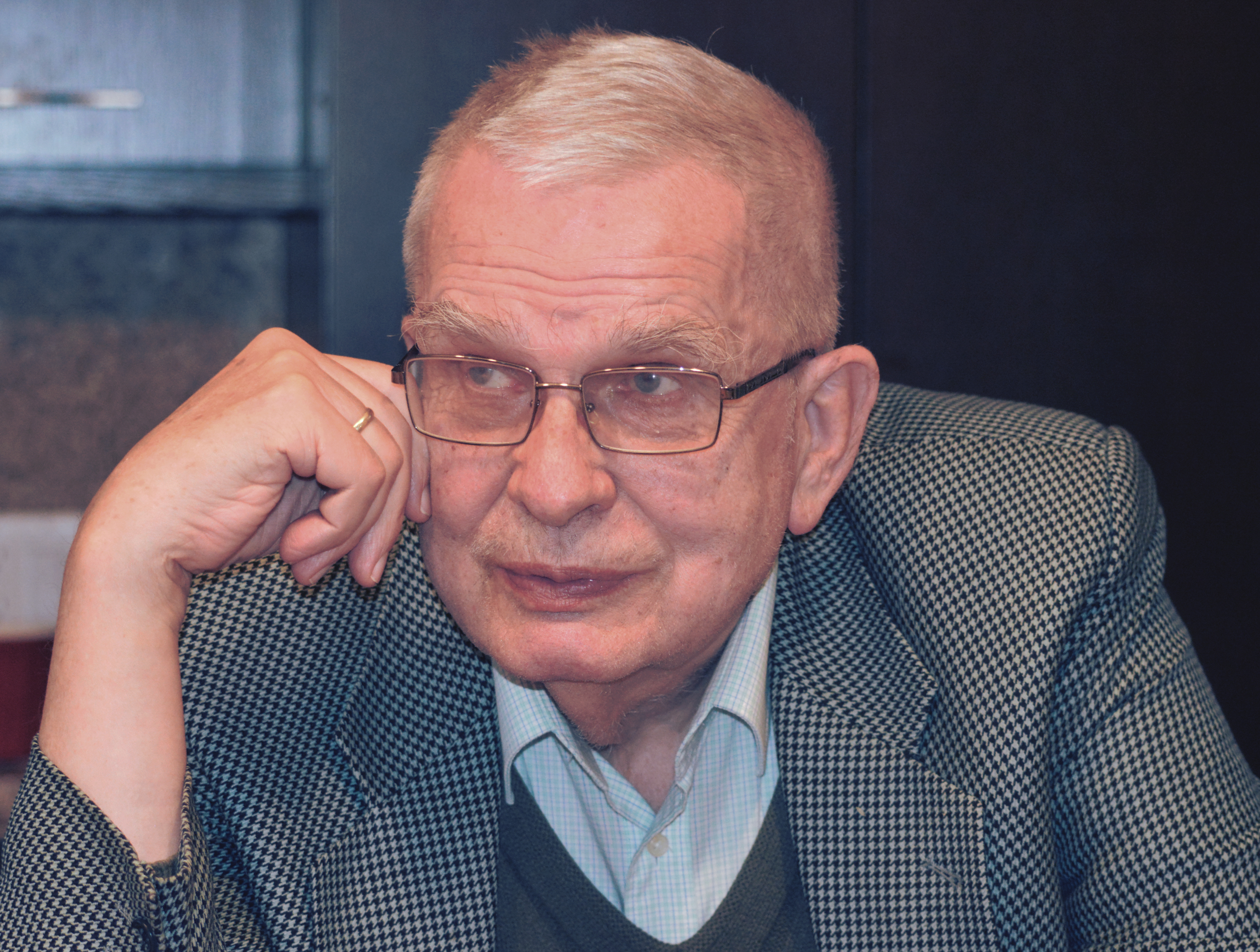
Tomas Venclova was born in Klaipeda, Lithuenia in 1937. Today he’s a naturalized United States citizen. Tomas is a professor Emeritus of Slavic Languages and Literatures, Yale University. He is the author of numerous books of poetry, essays, literary biography, and conversation. His work has been translated into twenty languages.
Tomas Venclova was a participant in the Lithuanian and Soviet dissident movement, found- ing member of the Lithuanian Helsinki group (1976). He stripped of the Soviet citizenship in 1977 and concurrently became a member of the International P.E.N. Club.
Honors and Awards received by the author include: International literary prize Vilenica (1990); Lithuanian National Prize, (2000); Qinhai Poetry Prize, China (2011); Petrarca poetry prize (Germany), (2014).
Tomas Venclova is the author of numerous publications of poetry and essays (around 60 books in various languages including Lithuanian, English, German, Italian, Swedish, Polish, Russian, Ukrainian, Hungarian, Serbian, Albanian, Chinese).
For R.K.
I only know that it is now over (or nearly) – this black century, yet perhaps no blacker than others. Still, it was different in scale. It was consistent. Bodies became numbers, souls ground to dross – into nothingness,
so that the mind might triumph. The abyss touted as hope. I’d say, not without success.
Ovens loyally served the systems of pride. In a nearby circle it was unyielding ice under a stone star. The stifling carriages rolled on towards nothing, westward and northward. Nothing lasts. Empires’ relics sink into dirt, entwined by tough thistle and dock. While megaphones fall mute, granite crumbling.
Born to this country, we prepare to depart - but like Orpheus, we dare not turn around. What accompanied us? Irony and patience, very rarely, courage. Rather, a vague sense you did much less than you should have.
(Is it a nagging guilt, or a sin, the children won’t forgive us – even if the Lord will?)
These were our choices. Yet we accepted truth’s bitter gift – we didn’t extol death, watched angels above rails and concrete, fell in love, turned lights on in the library, called good and evil by their names, seeing how hard it is to tell them apart. This we take into the dark. This is probably enough.

